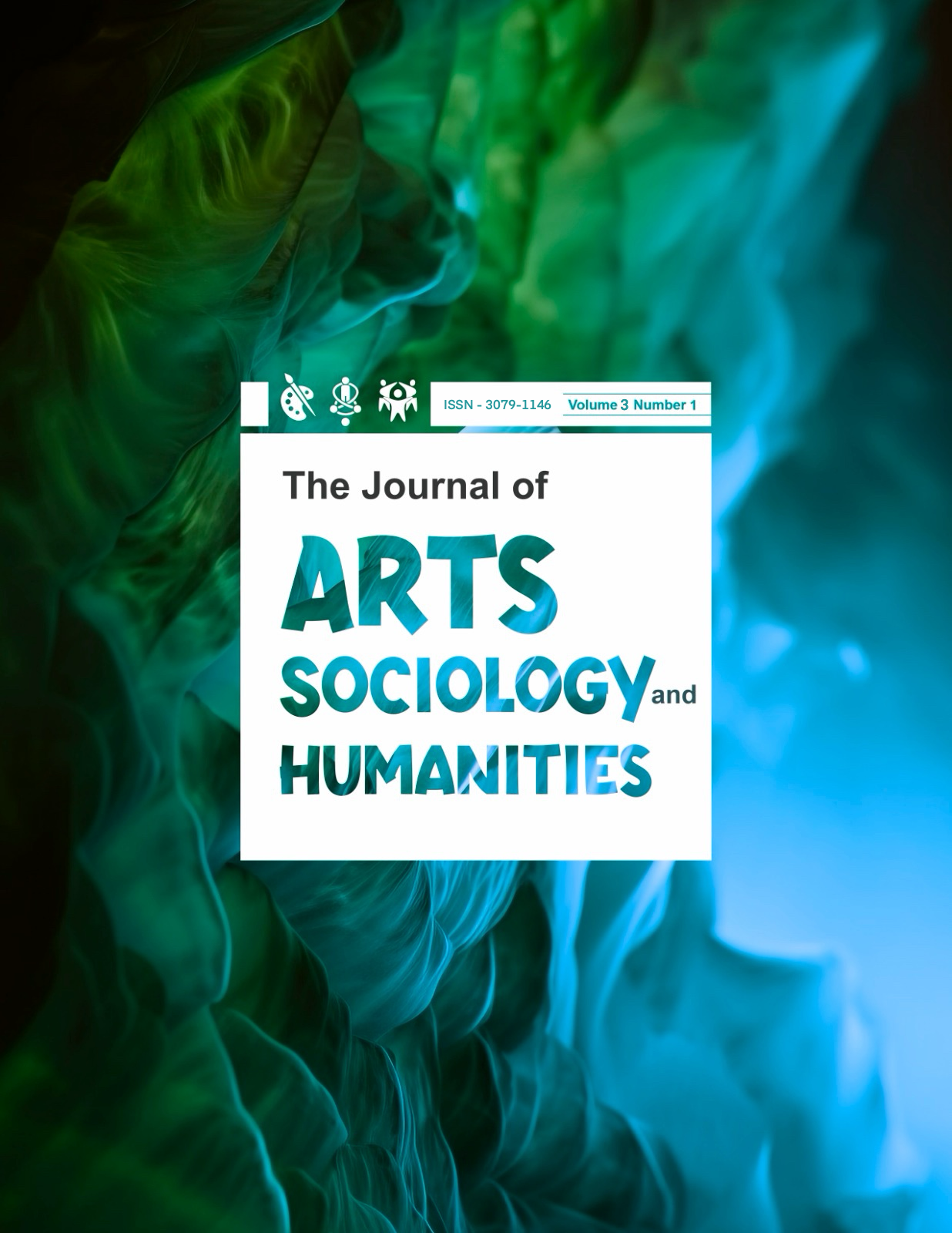خواتین کا حقِ تعلیم و تعلّم اور سیرت طیبہ محمدﷺ کے تحت قائم کردہ اصول و طریقہ کار
Abstract
Islam grants women comprehensive rights across all spheres of life, including education, which the Qur’an and Hadith define as an individual obligation (fard ‘ayn) for both men and women. The Prophet Muhammad (PBUH) laid down foundational principles supporting women’s educational empowerment. Historically, Muslim women have made significant contributions to Islamic scholarship and societal development. In line with the Prophetic model, Islamic teachings emphasize the creation of supportive educational environments and stress the moral obligation to ensure women’s access to both religious and secular knowledge. Neglecting women’s education is regarded by scholars as a serious matter of accountability before Allah, making it essential to revive the legacy of educated Muslim women and prepare the current generation to serve as active, informed contributors to society.
Keywords: Women's Education, Sunnah, Women's Rights, Shariat






